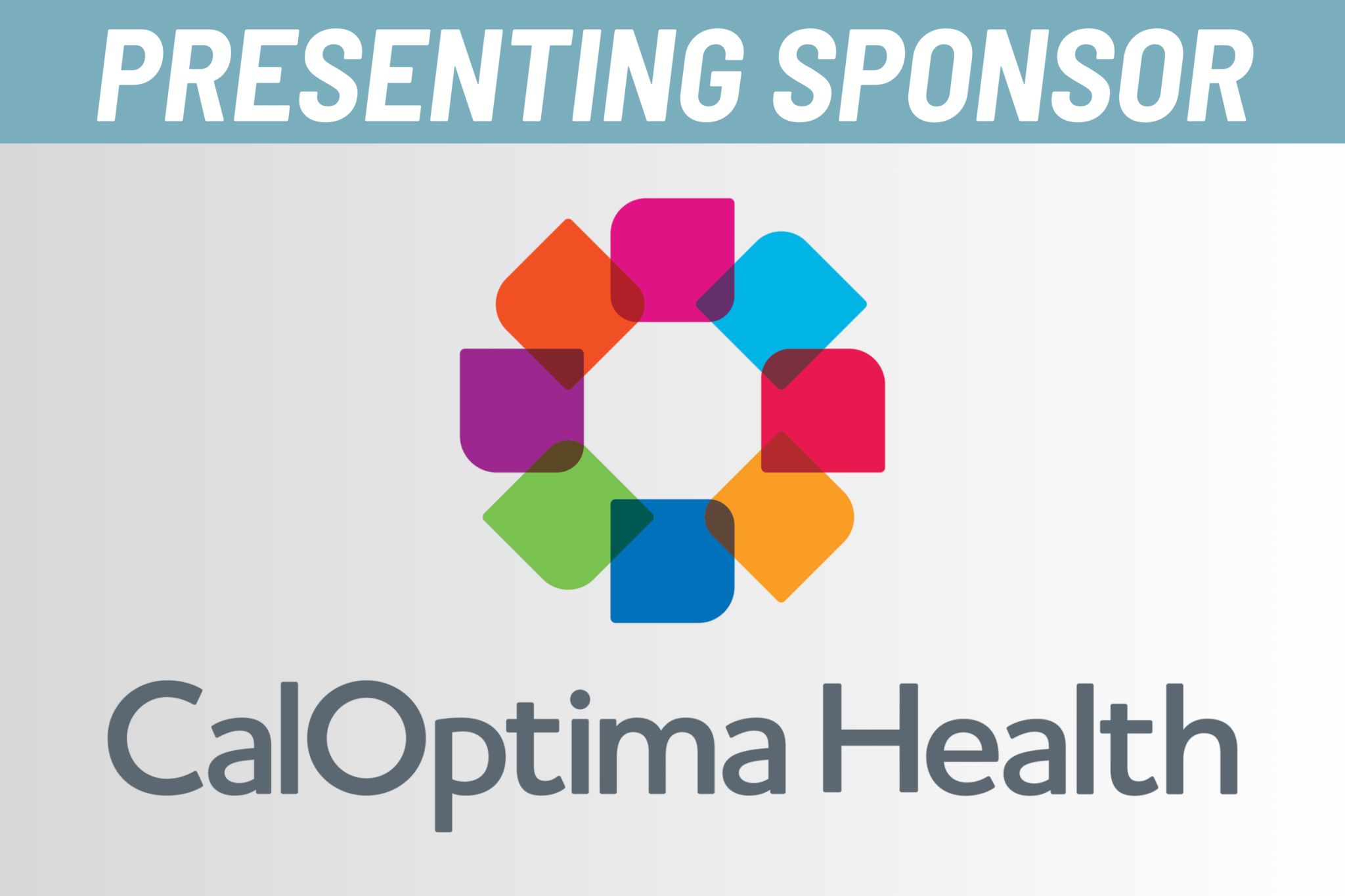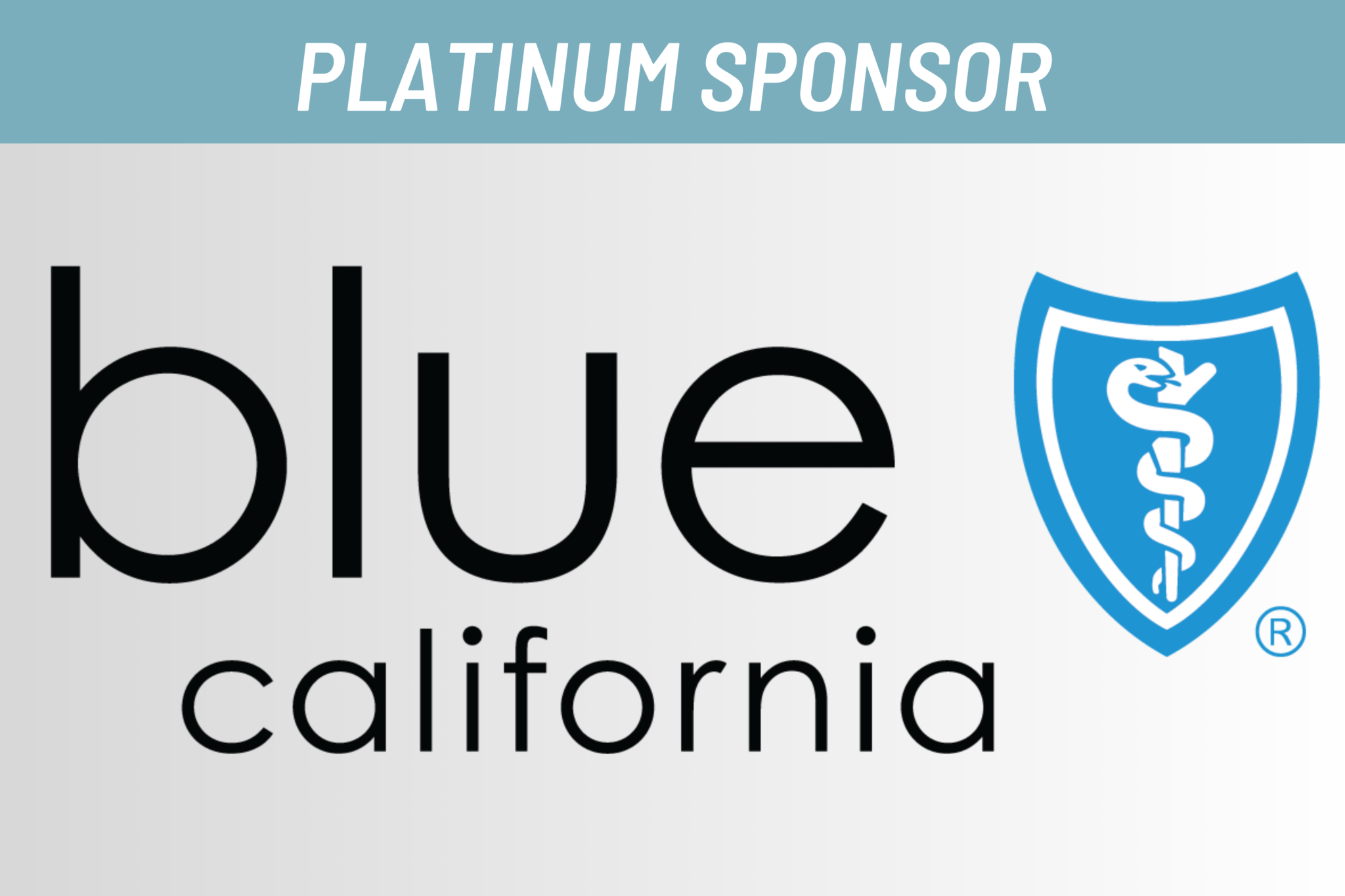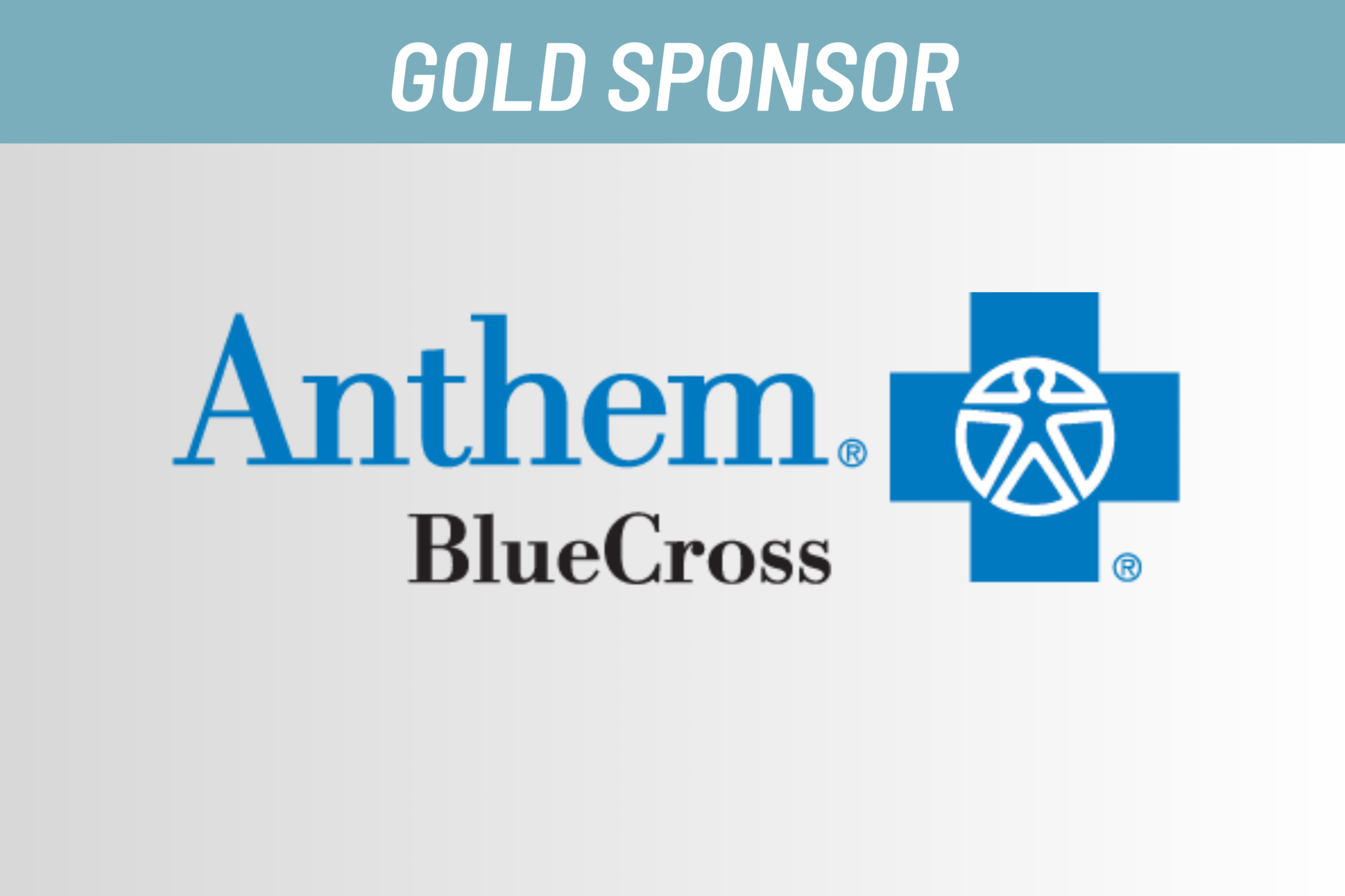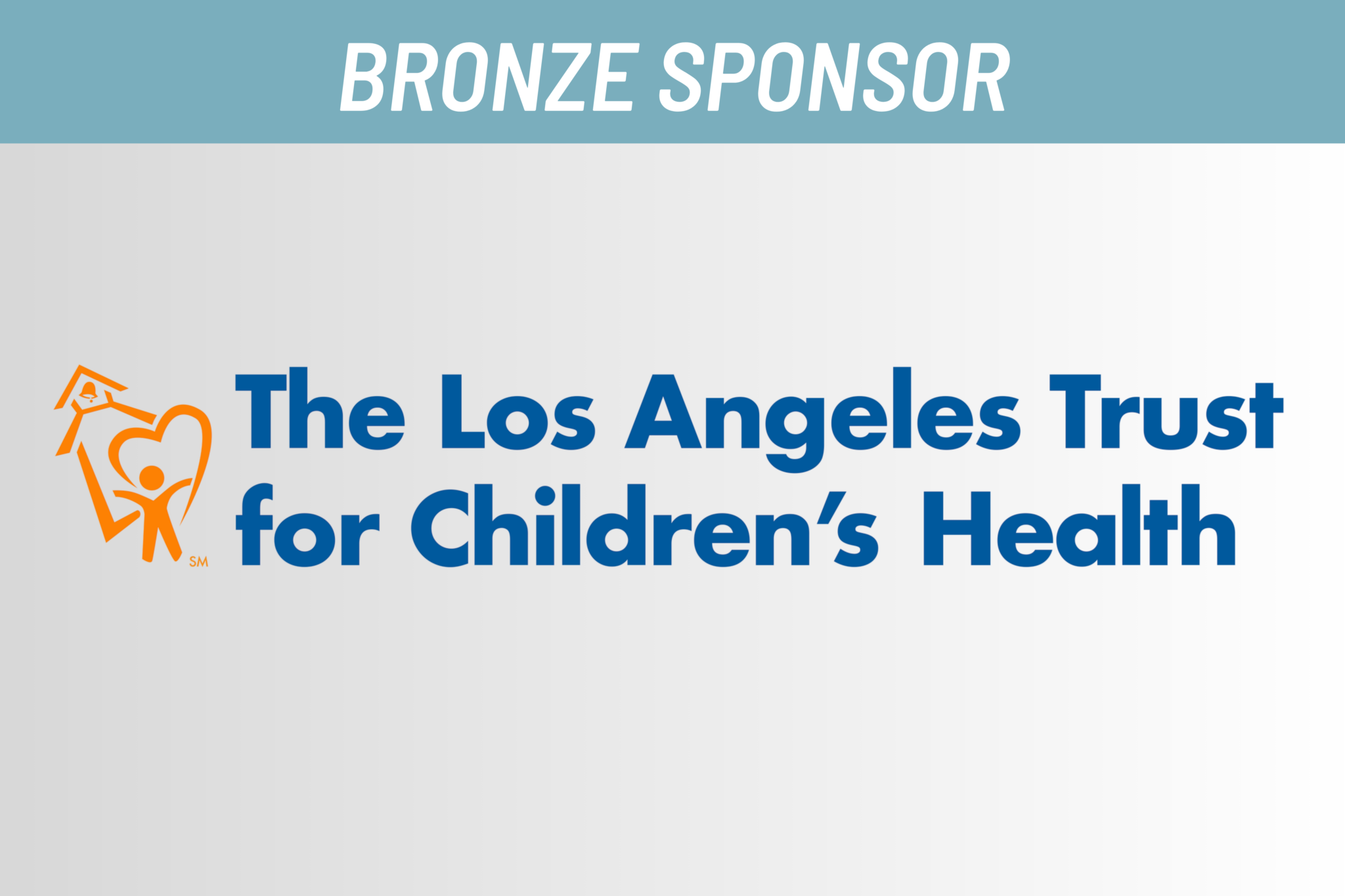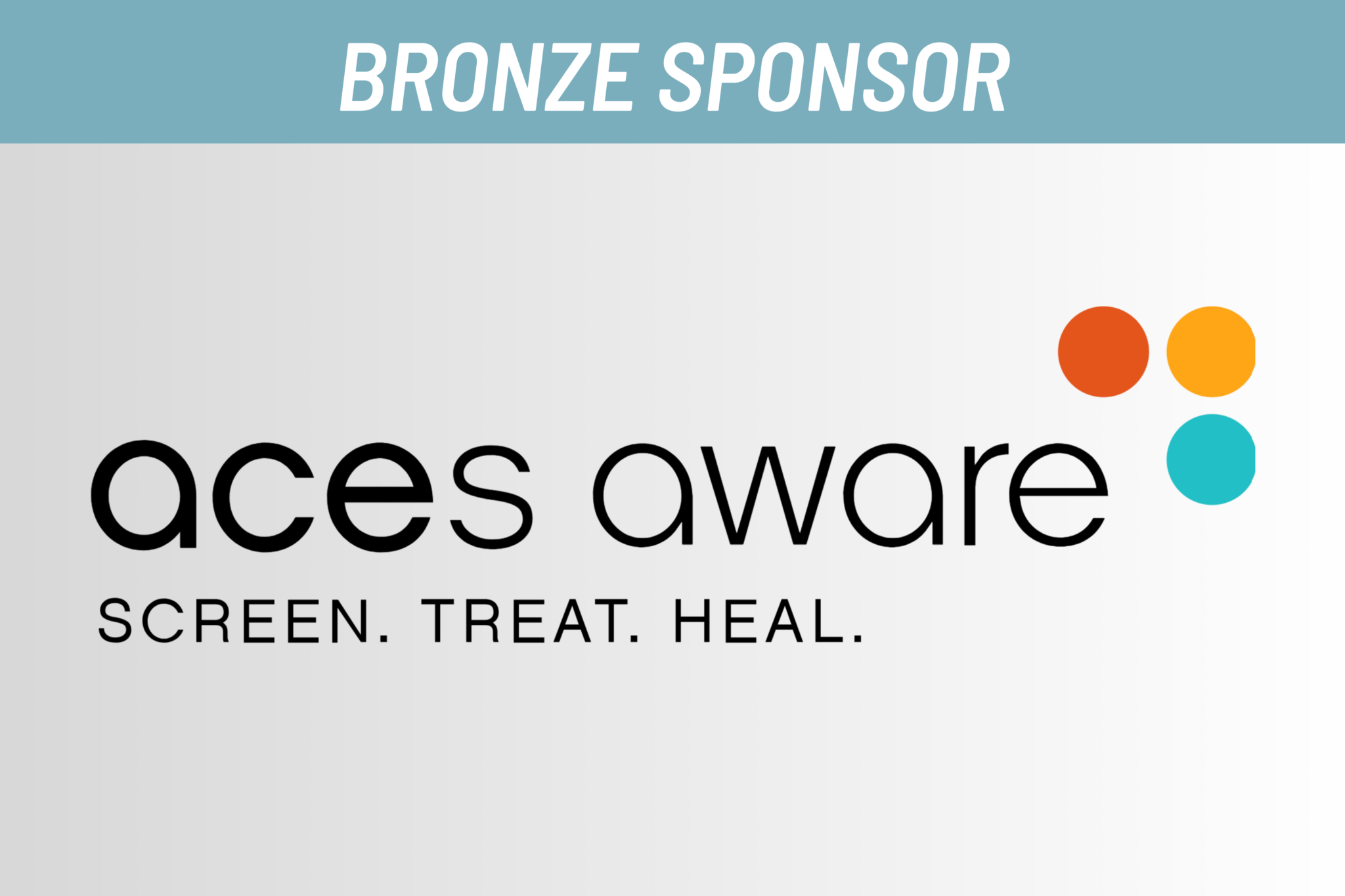The Power of Partnerships
Our 2025 School Health Conference was held April 28-29, 2025, at the Hyatt Regency Orange County near Anaheim.
Experience Our Conference
Moments From Our 2025 Conference
Photography by Vita Vivet Film Productions.
2025 Keynote Speaker
Saun-Toy Trotter, LMFT
Clinical Director of Child, Adolescent and Young Adult programs at UCSF Benioff Children’s Hospital Oakland Behavioral Health Department
Saun-Toy Trotter is a healer and psychotherapist with over 20 years of experience providing trauma-informed and culturally responsive behavioral health care to adolescents and families. She has experience in school health centers, residential treatment facilities, in-patient, and psychiatric units, and her practice is rooted in youth development principles. At UCSF Benioff Children’s Hospital Oakland, she has expanded school-based services to include health education and youth advisory boards. Saun-Toy is a contributing author to School Social Work: Engaging Social Justice and Racial Equity from a Practitioners Perspective. She loves working in schools and is committed to evidence-based and culturally rooted practices that foster individual and collective health, wellbeing, and liberation.
How to Find Session Materials
Are you looking for workshop handouts and presentation slides? Log in to Whova where you can find presentation materials – if shared by the presenter – listed below the description for each session.
CalOptima Health is the single largest health insurer in Orange County administering Medi-Cal for nearly 1 million Orange County residents. Our mission is to serve member health with excellence and dignity, respecting the value and needs of each person.
Blue Shield of California strives to create a healthcare system worthy of our family and friends that is sustainably affordable. Blue Shield of California is a tax paying, nonprofit, independent member of the Blue Cross Blue Shield Association with 8 million members, 7,200 employees and more than $24 billion in annual revenue. Founded in 1939 in San Francisco and now headquartered in Oakland, Blue Shield of California and its affiliates provide health, dental, vision, Medicaid and Medicare healthcare service plans in California. The company has contributed more than $643 million to Blue Shield of California Foundation since 2002 to have an impact on California communities.
Anthem is dedicated to delivering better care to our members, providing greater value to our customers and helping improve the health of our communities.
Schools are passionate about ensuring that all students succeed, but they can’t address the health of their employees and students alone. That’s why Kaiser Permanente created Thriving Schools. We’re committed to serving as a valuable partner in health to schools and districts across the country, helping to ensure that teachers, staff, and students have the support they need to thrive — in learning and in health.
Eager minds, healthy bodies, and quality care: The Los Angeles Trust for Children’s Health is bringing health and education together to end healthcare inequities and achieve student wellness for all.
ACEs Aware is a first-in-the nation effort to promote early detection and intervention to mitigate the health and societal impacts of Adverse Childhood Experiences (ACEs) and toxic stress. We offer free training, screening tools, clinical protocols, and payment for ACE screening.
ACEs Aware strives to create a better world for our children, families, and communities by working together across sectors to prevent and address the impact of ACEs and toxic stress.
























